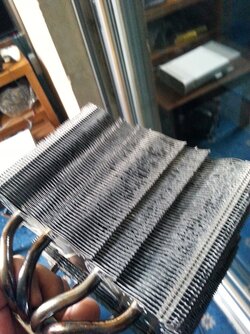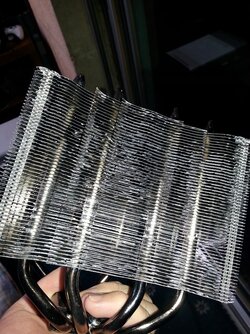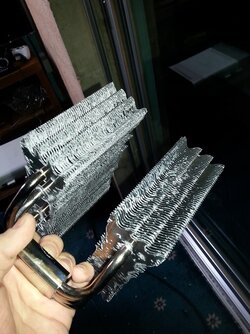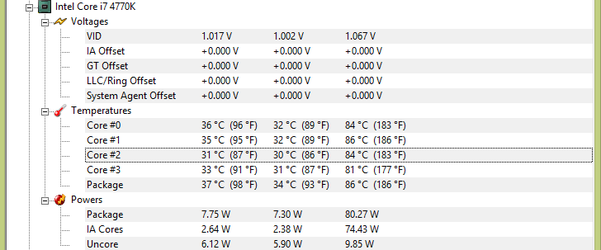- Joined
- Jun 21, 2005
Hello,
In attempt of cleaning my IFX-14, I think I messed it up. My heatsink got badly corroded (at least that's what I think it is) after I washed it thoroughly with water and washing detergent and left it to dry overnight.
Pics: (white stuff is ugly ;<)



I guess it's time to say goodbye to the IFX-14 after 4 years of service. Can anyone confirm that the white stuff is actually corrosion? Could I do anything about it?
Thanks,
In attempt of cleaning my IFX-14, I think I messed it up. My heatsink got badly corroded (at least that's what I think it is) after I washed it thoroughly with water and washing detergent and left it to dry overnight.
Pics: (white stuff is ugly ;<)
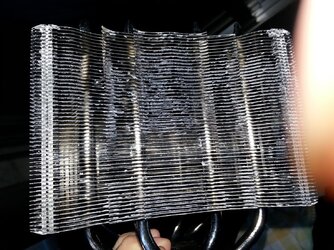
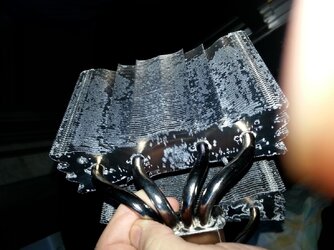
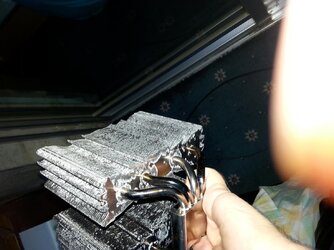
I guess it's time to say goodbye to the IFX-14 after 4 years of service. Can anyone confirm that the white stuff is actually corrosion? Could I do anything about it?
Thanks,
